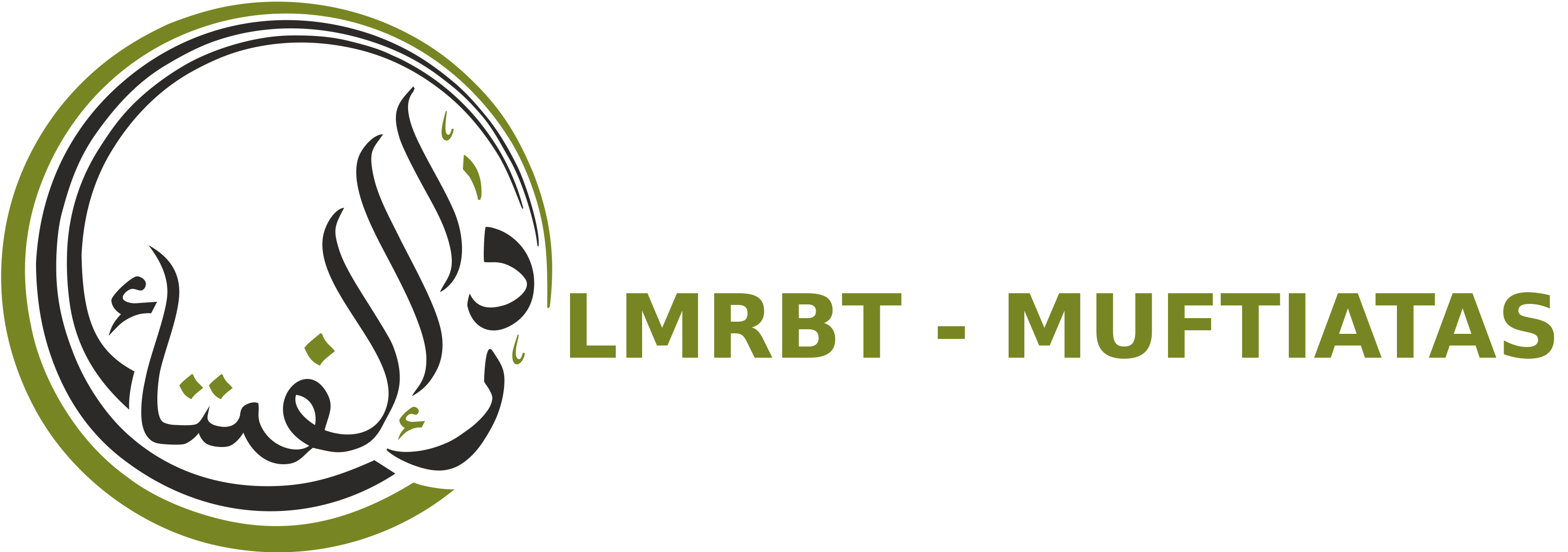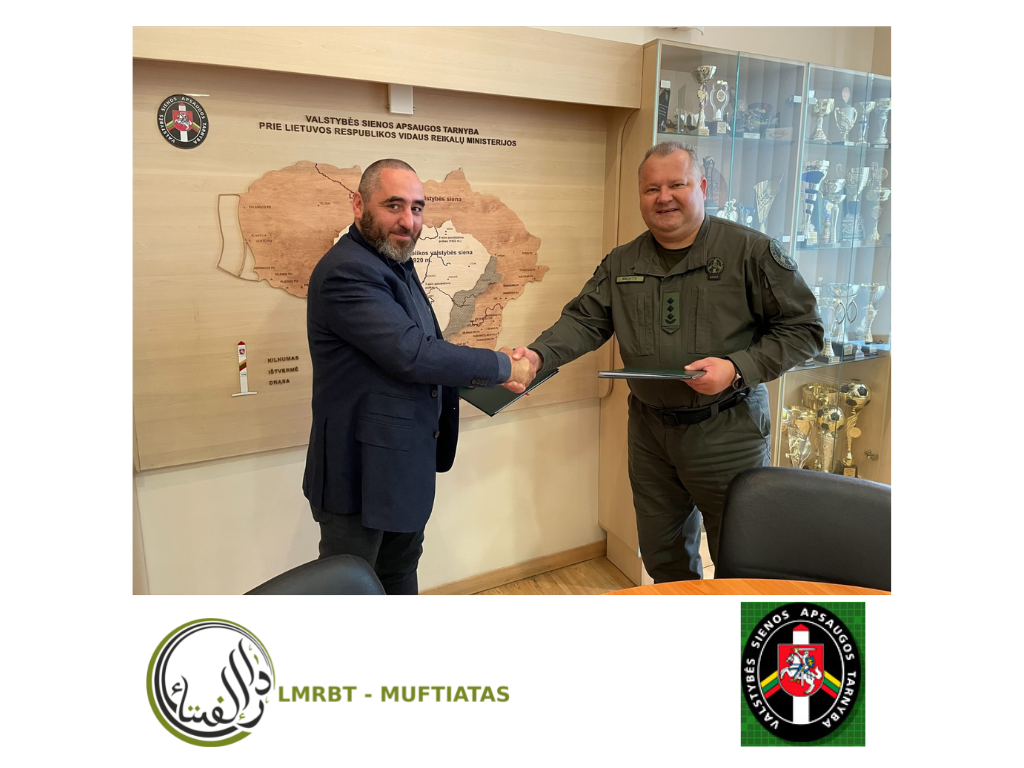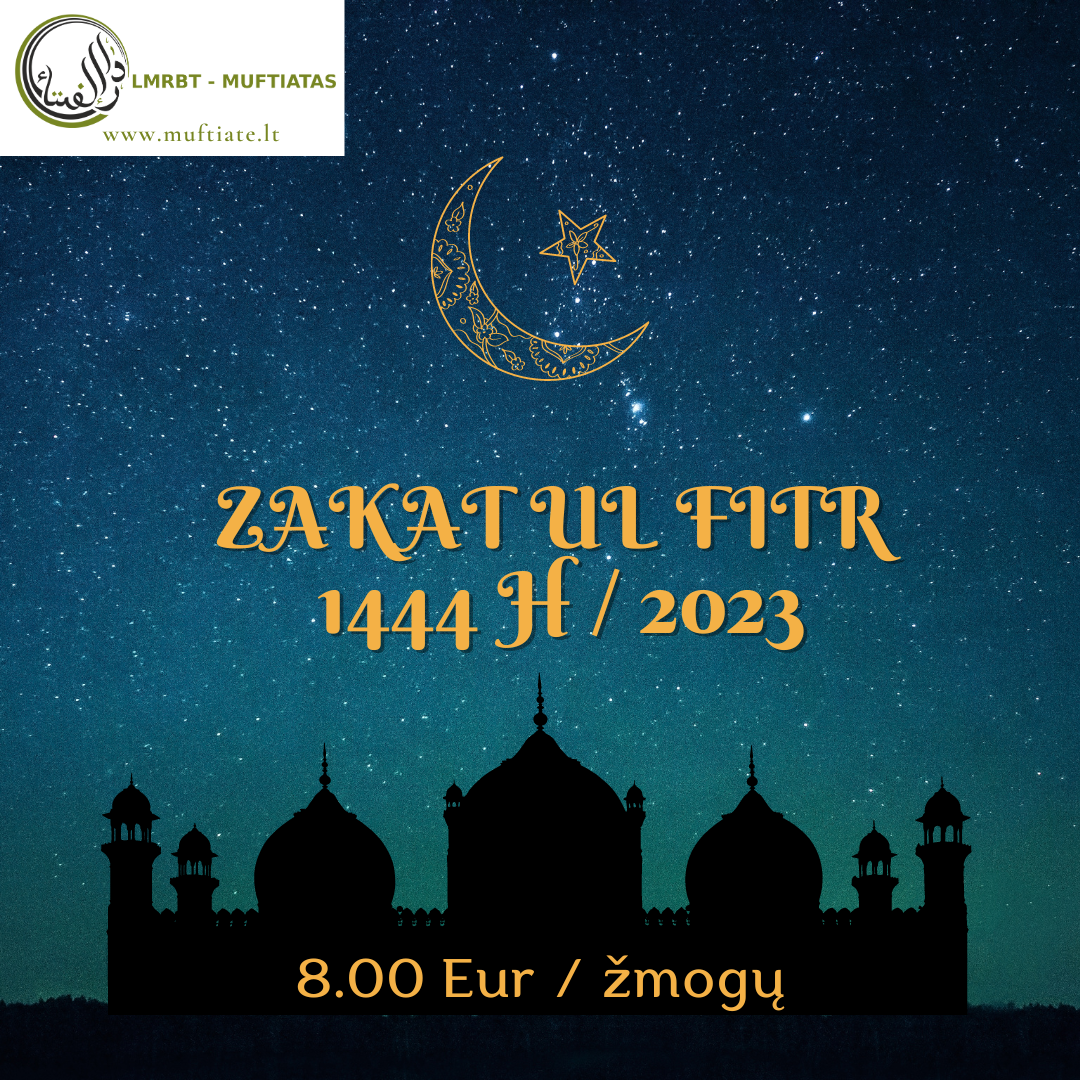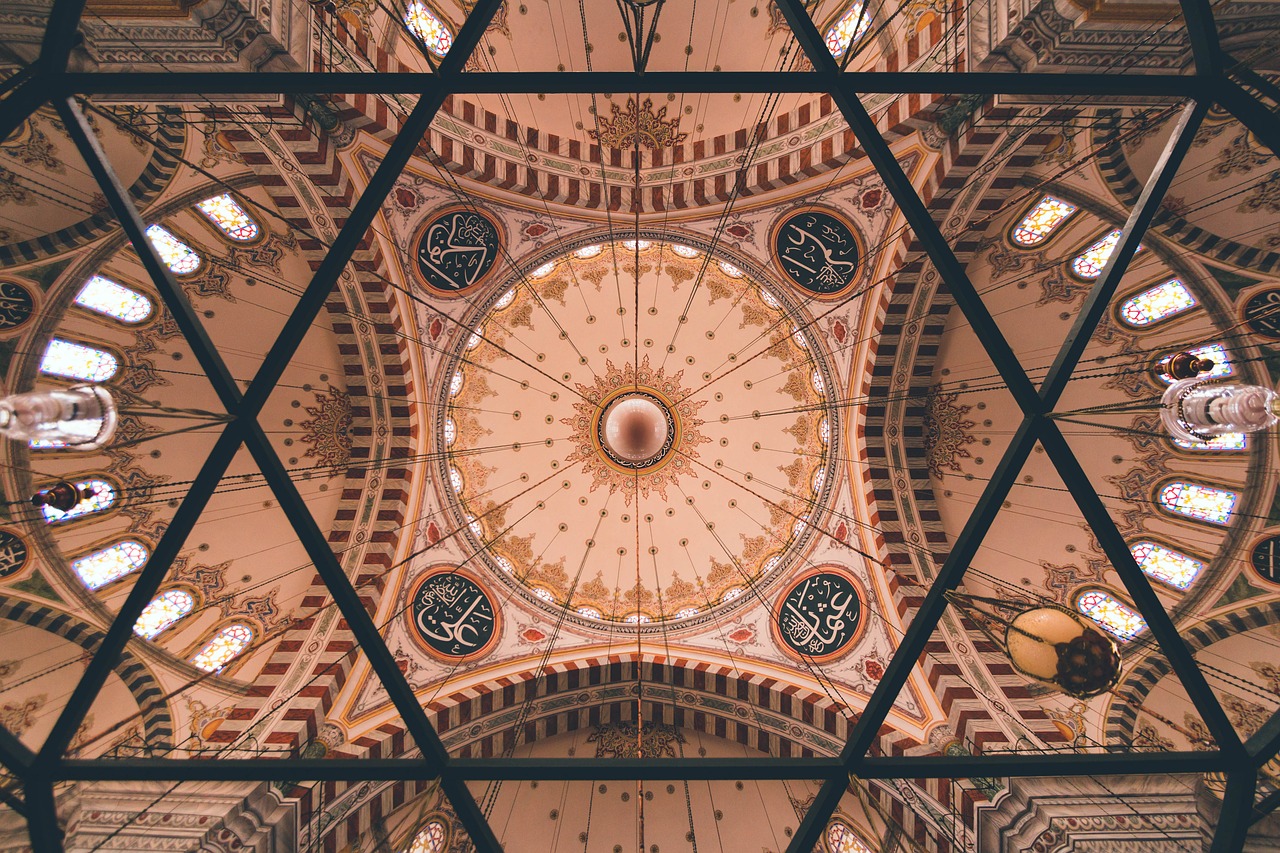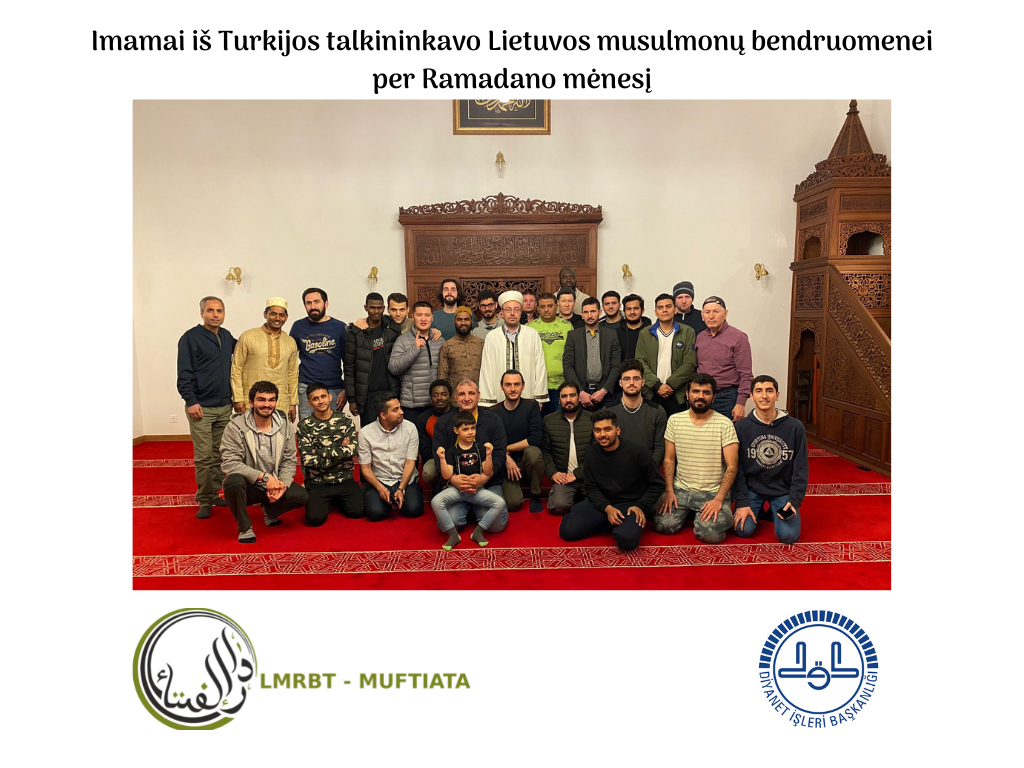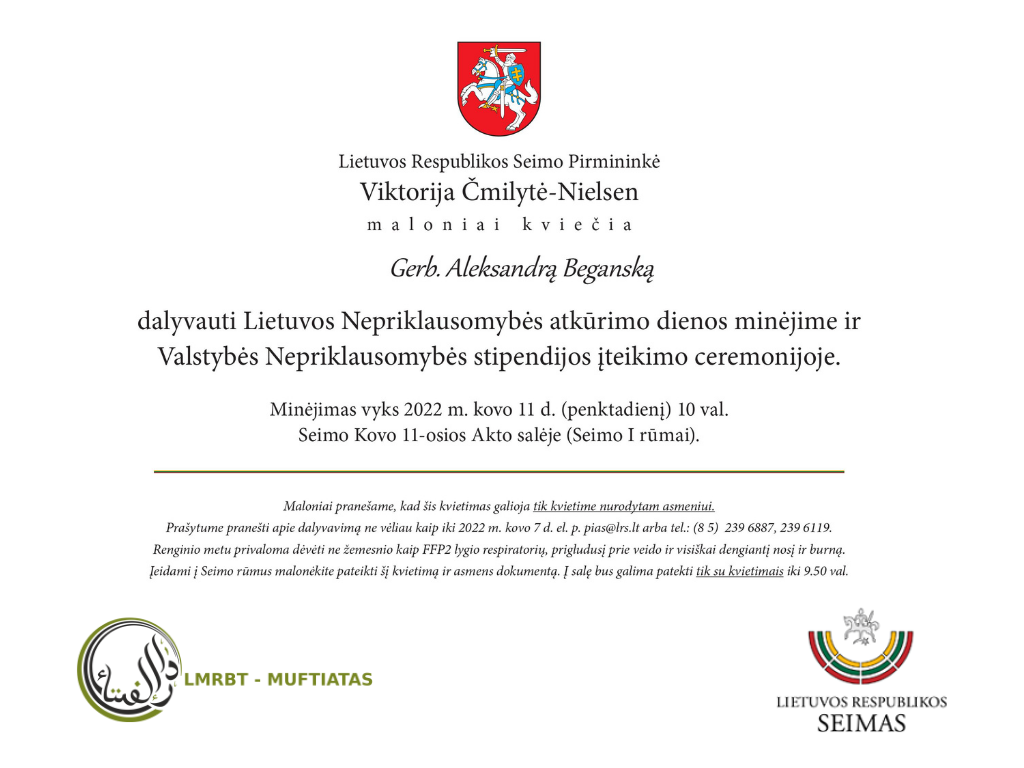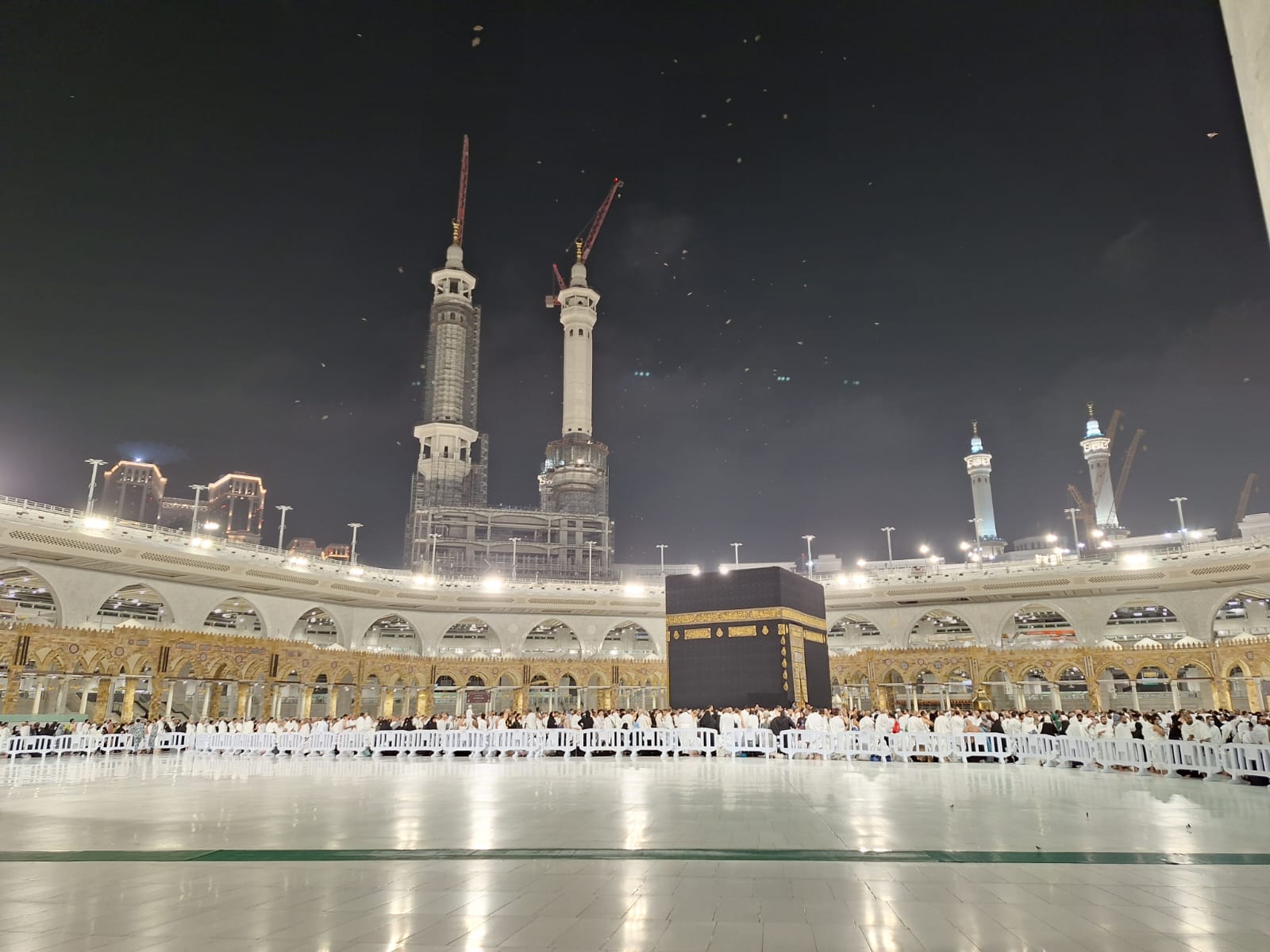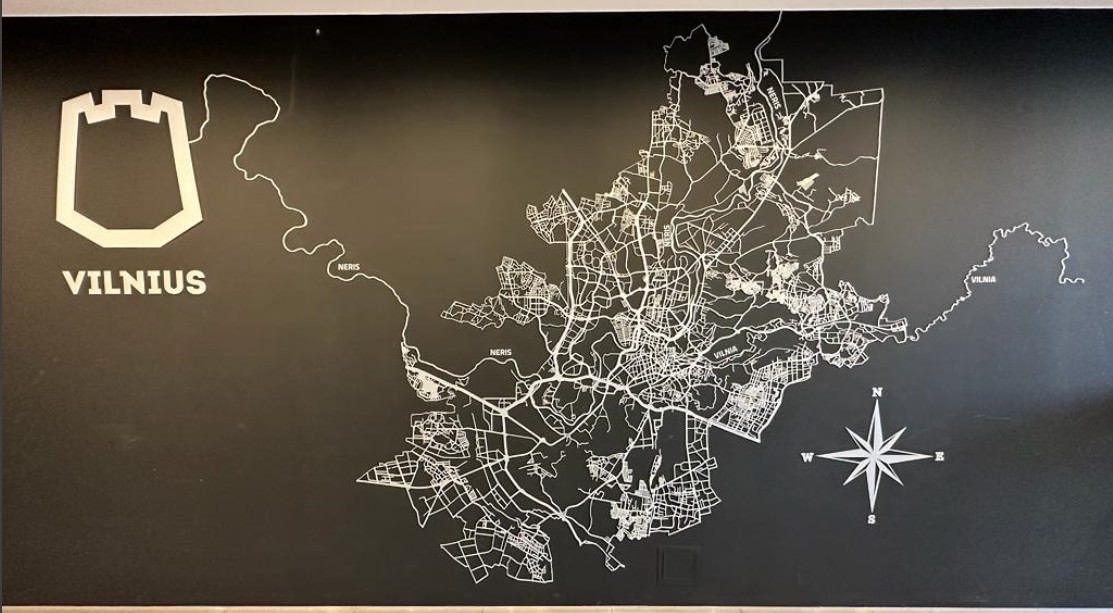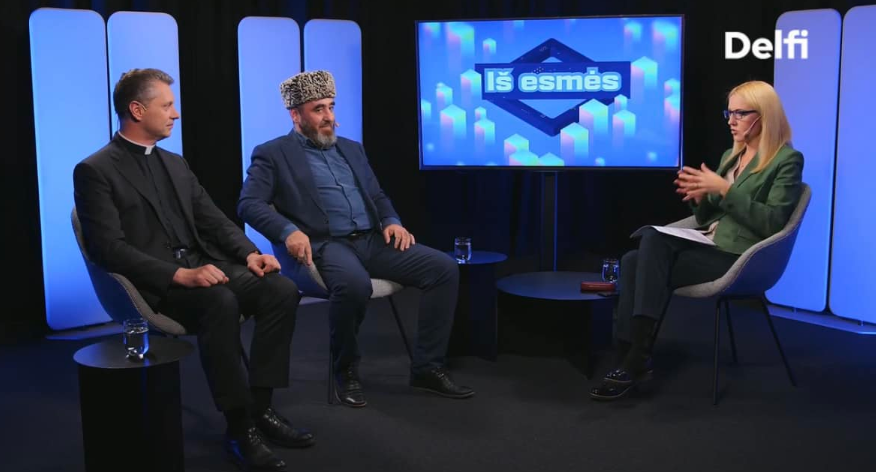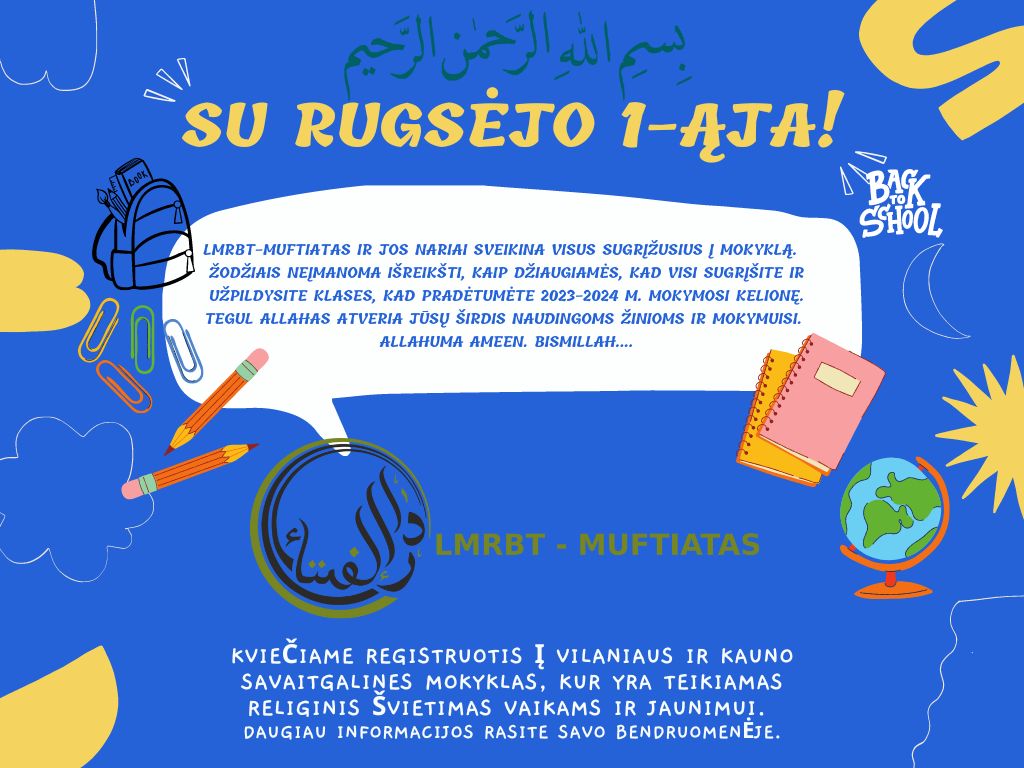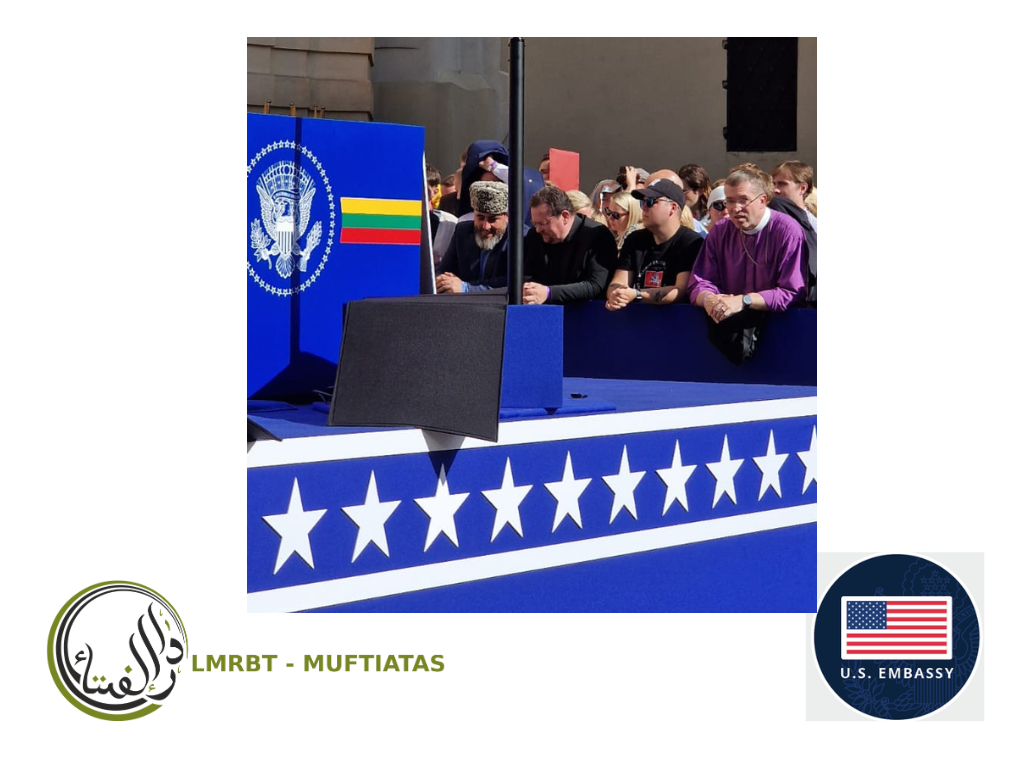Mufti A. Beganskas appealed to the UAE leaders to grant mercy to the citizen E. Sedleckaitė and to allow the execution of her sentence in Lithuania
E. Sedleckaitė, a citizen of the Republic of Lithuania, was imprisoned for life in a UAE women's prison. LMRBT-Muftijus A. Beganskas asks the UAE leaders for this citizen’s mercy and permission to serve his sentence in Lithuania
Five months ago, # 15min displayed a short two-part show about a Lithuanian citizen imprisoned for life in the United Arab Emirates. After a long break, journalist Lukrecijus Tubys yesterday asked the new Minister of Justice E. Dobrovolska about the situation of a Lithuanian prisoner abroad. In response, we heard that a Request for Mercy was initiated at the end of last year and passed on to specific institutions. Possibly the new minister did not know that the Ex-minister of Justice E. Jankevičius in August of the last year he had contacted the Lithuanian Council of Muslim Religious Communities, the Mufti A. Beganskas, with a request to help resolve this situation from a cultural/religious point of view.
Then LMRBT-Muftiate Mufti A. Beganskas responded to the request on 20th of October in 2020 and he prepared an official letter addressed to the UAE leaders, in which Mufti A. Beganskas asked for mercy, compassion and generosity and to allow Ms. Sedleckaitė to carry out the rest of her sentence in her home country - Lithuania so that her family can see her. The letter was forwarded to the representatives of the Ministry of Foreign Affairs.
It was gratifying to learn that this situation had also been referred to the Vatican to prepare a request for clemency.
It should be noted that Article 43 of the Constitution of the Republic of Lithuania provides:
“The state recognises traditional churches and religious organisations in Lithuania, and other churches and religious organisations - if they have support in society and their teaching and rites are not in conflict with the law and fairness.
State-recognized churches and other religious organisations have legal personality.
Churches and religious organisations freely proclaim their education, perform their rites, have houses of worship, charities, and schools to train clergy.
Churches and religious organisations operate freely according to their canons and statutes.
The status of churches and other religious organisations in the state is determined by agreement or law.
The proclamation of science by churches and religious organisations, other religious activities, and worship houses may not be used for anything contrary to the Constitution and the law.
There is no state religion in Lithuania."
We hope that the citizen of Lithuania will carry out the rest of her sentence in her home country in Lithuania near to her family members and that Lithuania will succeed to signing a bilateral agreement with the UAE. And we wish to look only for strong and mutually beneficial supports for signing the bilateral relationship agreement with Muslim countries.
